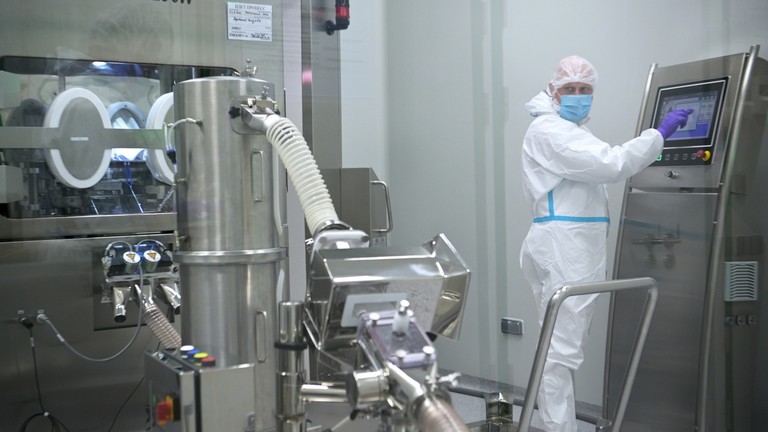Russian Lab Targets Late 2025 for Personalized Cancer Vaccine Rollout

MOSCOW, Russia — The Gamaleya Research Institute has revealed plans to begin administering a personalized cancer vaccine as early as September or October 2025, according to a recent announcement made through Russian state media.
Developed in collaboration with the N.N. Blokhin Cancer Center and Hertsen Research Institute, the vaccine is designed to treat melanoma using mRNA and artificial intelligence to create customized therapies tailored to each patient’s tumor profile.
“We expect to start using this vaccine on patients as early as the third quarter of 2025,” said Dr. Alexander Gintsburg, director of the Gamaleya Center, as quoted by RT.
AI-Driven and Patient-Specific
The vaccine represents a major step forward in personalized oncology, relying on AI-powered neural networks to analyze tumor mutations and generate individualized mRNA vaccine blueprints in just one hour, with synthesis completed within a week. Each vaccine is unique and cannot be shared among patients.
The technology builds on Gamaleya’s expertise with the Sputnik V COVID-19 vaccine, utilizing similar mRNA platforms but adapted for cancer treatment.
Free Access for Russian Patients
Once clinical trials conclude and regulatory approval is secured, the vaccine will be free to Russian citizens, with production costs—estimated at 300,000 rubles (around USD 2,870)—covered by the state. This was confirmed by Andrey Kaprin, director of the Russian Federal Medical and Biological Agency.
The Ministry of Health has established a dedicated fast-track approval process for the rollout of personalized treatments.
Promising Results and Expansion Plans
Preclinical trials in animals and early-stage human testing have shown positive signs, including tumor suppression and limited metastasis. If successful, the vaccine platform could be extended to treat pancreatic, kidney, and lung cancers, among others.
Russia currently records over 625,000 new cancer cases annually, and personalized treatments are seen as a critical component in reducing the nation’s cancer burden.
Global Impact and Scientific Significance
Russia’s efforts join a broader global push toward mRNA-based cancer immunotherapy, with similar projects underway in the United States and Europe. However, few have outlined a rollout as soon as late 2025.
“This may be a turning point in how we approach cancer,” said one analyst quoted by the Economic Times. “If the trials prove successful, this model could become the future of oncology.”
Editor’s Note: This article includes information reported by RT, TASS, MENAFN, Cambodian Times, and the Economic Times. All medical claims are subject to ongoing clinical evaluation
